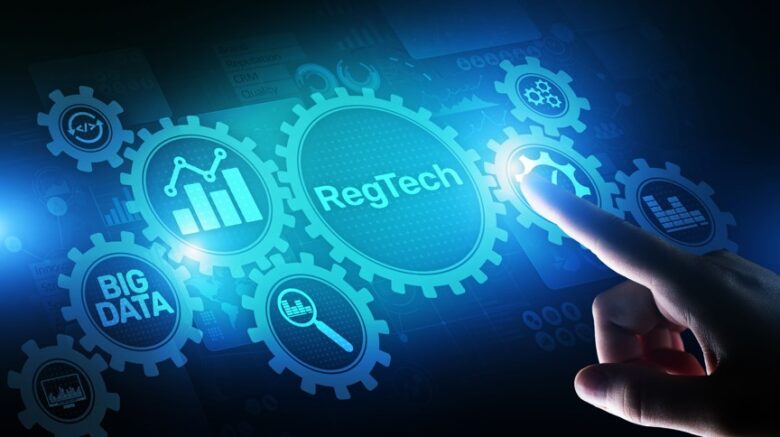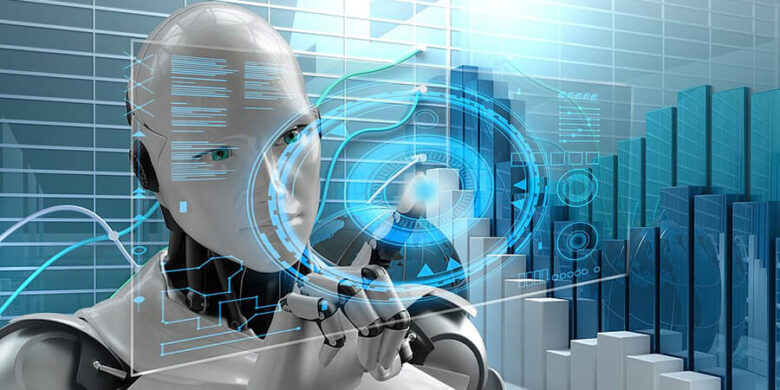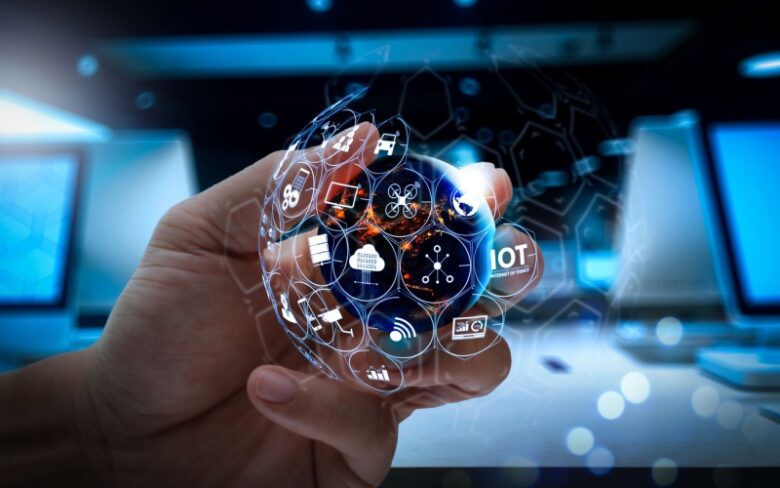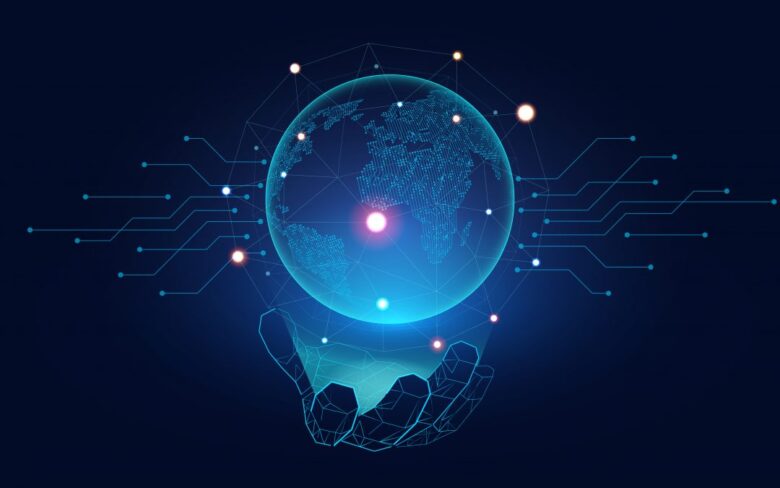Digital technology has proven its ability to enhance customer experiences, streamline operations, and enhance efficiency—no doubt contributing to its wide adoption by businesses of all sizes and industries. New technologies often appear as flashy tech toys that enter the marketplace before finding their footing in providing real value to companies and people. Executives must learn …
Month: August 2025
In today’s financial landscape, compliance is one of the most important responsibilities of every business. To protect consumers and prevent fraud, governments and regulators worldwide have enacted strict regulations for banks, insurance companies, and other financial services providers. However, these regulations are becoming increasingly complex, making it difficult for financial firms to manage them using …
The robotics industry is transforming rapidly, from science fiction to the heart of our modern industries and everyday life. Robots are becoming increasingly autonomous, intelligent, and integrated in our society as artificial intelligence and machine learning advance. This shift in technology creates new challenges and opportunities across all sectors. Understanding this technological shift is vital for predicting the …
In the past, applying for a loan required visiting a bank branch, completing extensive paperwork, undergoing a credit check, and then waiting days or even weeks for approval. Today, fintech lending platforms have changed this landscape, making the lending process faster, easier, and more convenient than ever. These platforms leverage technology and finance to provide …
Blockchain is one of the most important new technologies in the world and has had a significant impact on the financial technology (FinTech) sector. It is a digital ledger that securely, publicly, and continuously records transactions. Unlike other databases, blockchain information is distributed across a computer network, making it difficult to tamper with or steal. …
5G is not just about a faster connection to the internet for your smartphone. It is the foundational technology that will enable a new wave of exciting and innovative technologies. 5G promises ultra-fast speeds with minimal delay and a massive amount of capacity. Smart cities and self-driving vehicles are now a reality. These innovations rely on the ability …
Big data refers to the vast amounts of complex data generated every second by countless and diverse digital sources. These sources include social media, financial transactions, sensors, mobile devices, and online activity. Big data differs from conventional datasets in its sheer size, high velocity, and diversity. This characteristic makes it difficult to process using standard …
The world’s cities are changing rapidly. Population growth, climate changes, and changing citizen expectations are compelling urban planners to reevaluate their traditional approaches. Emerging technologies can help make cities more sustainable, efficient, and livable. Smart cities are the future of urban planning, where data, connectivity, and innovation combine to create better environments. Data-Driven Infrastructure Modern cities produce …
The Internet of Things (IoT) is transforming the way people, devices, and businesses collaborate. It is one of the most powerful forces in the digital age. Connecting everyday objects to the internet allows them to collect and share real-time information. This capability is the essence of the IoT. The IoT empowers people to make smarter …
For decades, classical computers have powered our world, from the smartphones in our pockets to the supercomputers that forecast weather. They operate on a simple principle of bits, which exist as either a 0 or a 1. But a new kind of computing is on the horizon, one that promises to solve problems currently considered …









